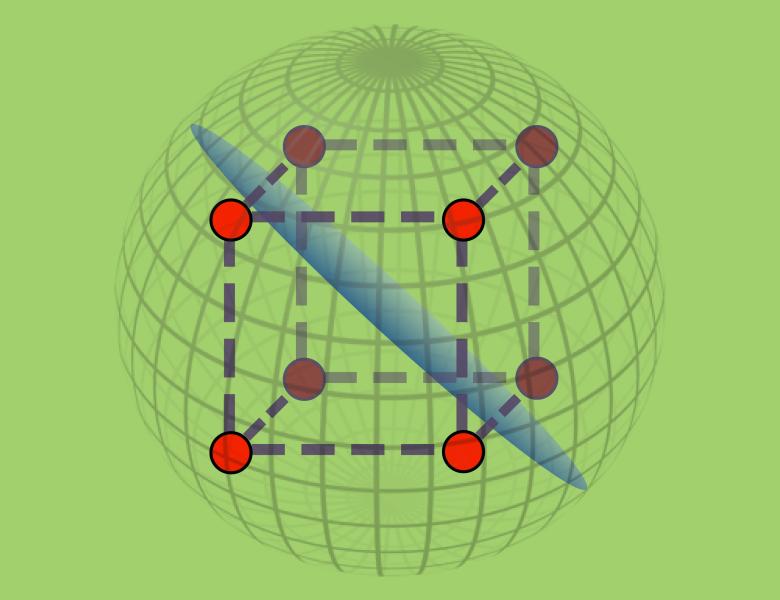
Abstract
A boolean predicate $f:\{0,1\}^k\to\{0,1\}$ is said to be {\em somewhat approximation resistant} if for some constant $\tau > \frac{|f^{-1}(1)|}{2^k}$, given a $\tau$-satisfiable instance of the $\maxkcsp(f)$ problem, it is NP-hard to find an assignment that {\it strictly beats} the naive algorithm that outputs a uniformly random assignment. Let $\tau(f)$ denote the supremum over all $\tau$ for which this holds. It is known that a predicate is somewhat approximation resistant precisely when its Fourier degree is at least $3$. For such predicates, we give a characterization of the {\it hardness gap} $(\tau(f) - \frac{|f^{-1}(1)|}{2^k})$ up to a factor of $O(k^5)$. We relate the hardness gap to the Fourier mass on coefficients of degree 3 or higher, giving hardness results when the Fourier mass is large and an SDP-based approximation algorithm for the case when the Fourier mass is small. We also give a similar characterization of the {\it integrality gap} for the natural SDP relaxation of $\maxkcsp(f)$ after $\Omega(n)$ rounds of the Lasserre hierarchy.


